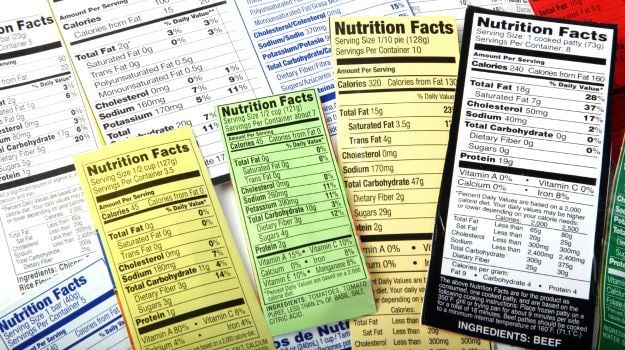Europeans also highlighted the important role of economic actors in the food supply chain, identifying the responsibility of shops and retailers, the hospitality and food service sectors as well as food manufacturers. Nearly two-thirds said better shopping and meal planning would contribute to the reduction of waste.
Clearer information regarding date marking and on food labels more generally (for example, food storage and preparation) was cited by nearly one in two respondents as a means of preventing household food waste. Moreover, nearly six in ten Europeans said they always check "use by" and "best before" labels when shopping and preparing meals, with very few indicating that they never do.
In particular, young people are significantly less likely to check these labels.The results also said the meaning of date marking found on food products was poorly understood. Just under half of Europeans understood the meaning of "best before" labelling and fewer are aware of the meaning of "use by".
In both cases, a quarter or more think, incorrectly, that the meaning of date marking differs according to the type of food for which it is used.The survey was carried out by research unit TNS political and social network in the 28 member states of the EU between September 1 and 3.
Some 26,601 respondents from different social and demographic groups were interviewed via telephone in their mother tongue on behalf of the European Commission's Directorate General for Health and Food Safety.










